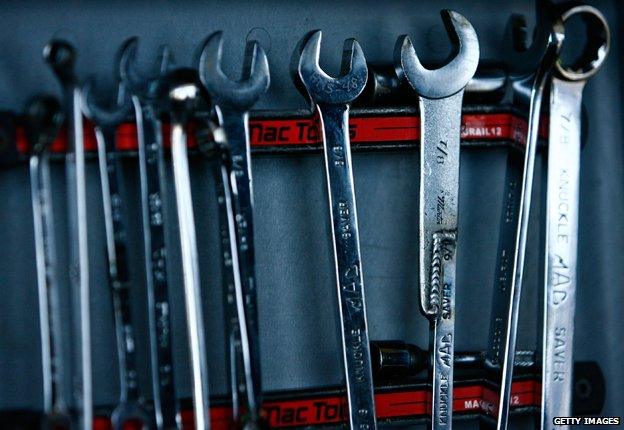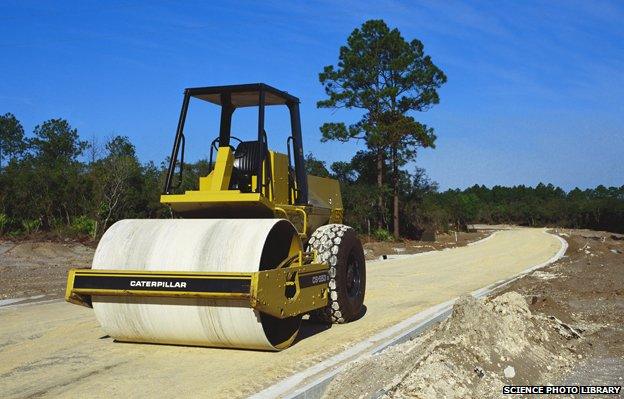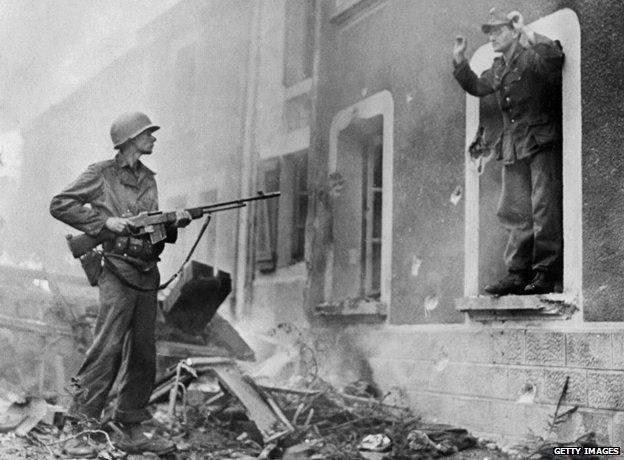Readers' 48 words for defeat
- Published
.jpg)
Defeat is a word sport fans are all too familiar with.
Previously in the Magazine slang lexicographer Jonathon Green listed 62 words for being beaten at sport. Readers responded with 48 more.
Gub, gubbed (verb), a gubbing (noun) - a heavy defeat, perhaps as heavy as the one Italy recently inflicted on England's footballers and Sri Lanka has inflicted on England's cricketers. Dave Bruce, Strathaven, South Lanarkshire
Battered - just like a piece of cod in the chippy. England might actually be better off skipping the game tonight and going to the chippy instead. Kevin Firth, Onchan, Isle of Man
Mollicate - a Glasgow word for a sound thrashing. As in "Thistle got well mollicated on Saturday." George Craig, Kent
Rolled over, turned over, duffed up. Ian, Northumberland
Humped - in Scotland we quite frequently use the word to describe a heavy defeat. English friends find this synonym strange and misplaced however it is not just my friends and family north of the border that use it, I've heard Scottish presenters such as Jim Delahunt use it on air too. Chris, Southampton (originally Glasgow)
Drub - our go-to word for a football thrashing. An official drub is being beaten by four or more goals, of course! Greg Tulloch, Hull, England
Greinglified - to be ground down, or rubbed in the dust. Could be of pseudo-German origin, as when Germany beat England a few years ago in the European cup. Eric Wright, Caldbeck, Cumbria
Spannered - the David Lloyd (Bumble) expression when England's bowlers were being hit all over Headingley by Sri Lanka recently. Duncan Lingard, Stamford, UK

Broomhandled - beaten so soundly at snooker that your opponent could have beaten you playing with a broom handle in lieu of a snooker cue. Kieran Platt, Kendal, Cumbria
Ganked - in online gaming. Anthony Perkins, Phnom Penh, Cambodia
Cuffed - for large-margin victories - and pipped for the narrowest of defeats. Tom Wilson, Glasgow, Scotland
KO'ed, stopped in first round. Chris, Cambridge UK
Marmalised - as said by Ken Dodd. David Gormley, London
Drilled - a word that my Sydney (where I'm originally from) mates and I use - but only for a heavy defeat. You would say that Spain "drilled" Australia 3-0 in the World Cup but you would NOT say that Holland "drilled" Australia 3-2. Robert Green, Skandal, Sweden
Trounced - they totally trounced the opposition. David Batt-Rawden, Abingdon, Oxon
Grannied - meant for when you're beaten without scoring (usually at pool) - but I think it suits the performance of the England team this World Cup. Ruth Henderson, Bingley
Pasted, rattled, easied. Andrea, Norfolk
Steamrollered - as in flattened - ie "steamrollered right over them". Deborah, Amersham

Pasted, pummelled and embarrassed - one that the modern sports' commentator increasingly uses, (but not necessarily literally). Col, Doncaster
Skelped, tanned and leathered - Scottish variants. Blair Eastwood, Peebles
Housed - a one-sided defeat. Example - "The Netherlands housed Spain". Mark Swift, Richmond, Surrey, UK
Mash/Mashed. Andy Steele, Esbjerg, Denmark
Pole-axed. Garry, Truro, Cornwall
Dusted - another one for getting wupped. Jim Tootle, Wigan, England
Butchered - an obvious one left out. Matthew Iley, Stockton-on-Tees
Kiboshed. Julie Akhurst, Stanbury, UK
Bundled out - a tennis term for being beaten. Martin Royce, Melbourne, Australia
Lambasted - always a favourite in my family for a good thrashing. Jeff, Exeter
Trash, pulverise. Nicholas Ostler, Bath, Somerset
Rinsed - From Jamaica, "to give someone a rinsing". Trev, Brauton, Devon
Rekt - is the most modern slang, used primarily in competitive e-sports. Any visit to the chatroom of a major tournament will confirm its prevalence. Barry Scott, Northampton UK
Towelled or towelled up - very common in Australia. Ray Farrell, Sydney
Rough up, shut down. Barry Negrin, New York, US
To fustigate is rather more widely known, even having featured in an episode of The Simpsons. Richard, Belfast
Beat hollow - an intensive form of "beat", implying an overwhelming advantage or achievement. K Watson, Stockport

On the origins of "mullered"

In our previous piece on words for defeat, we wrote that the term originated from the word mull, meaning pulverise, and that its first sighting was in 1993.
Some readers have challenged this etymology. Cougie Donners from Edinburgh, Marc from London and Ian Haldane from Marlow all remember using the word in the 1970s. Bob Spree was using the word in the 1950s to refer to the Allied defeat of Germany in WW2. Robert Scott from London sources the word to a skilful hockey-player from his schooldays in the 1980s whose surname was Muller.
Harold King from Leigh-on-sea says that the word owes its definition to a machine of the same name which is used extensively in the print trade to compress print before binding. Two Seans - one from Bristol and the other from Leeds - both write that muller is an old English Romany word meaning "to kill", and the word mulla means corpse.

Subscribe to the BBC News Magazine's email newsletter to get articles sent to your inbox.